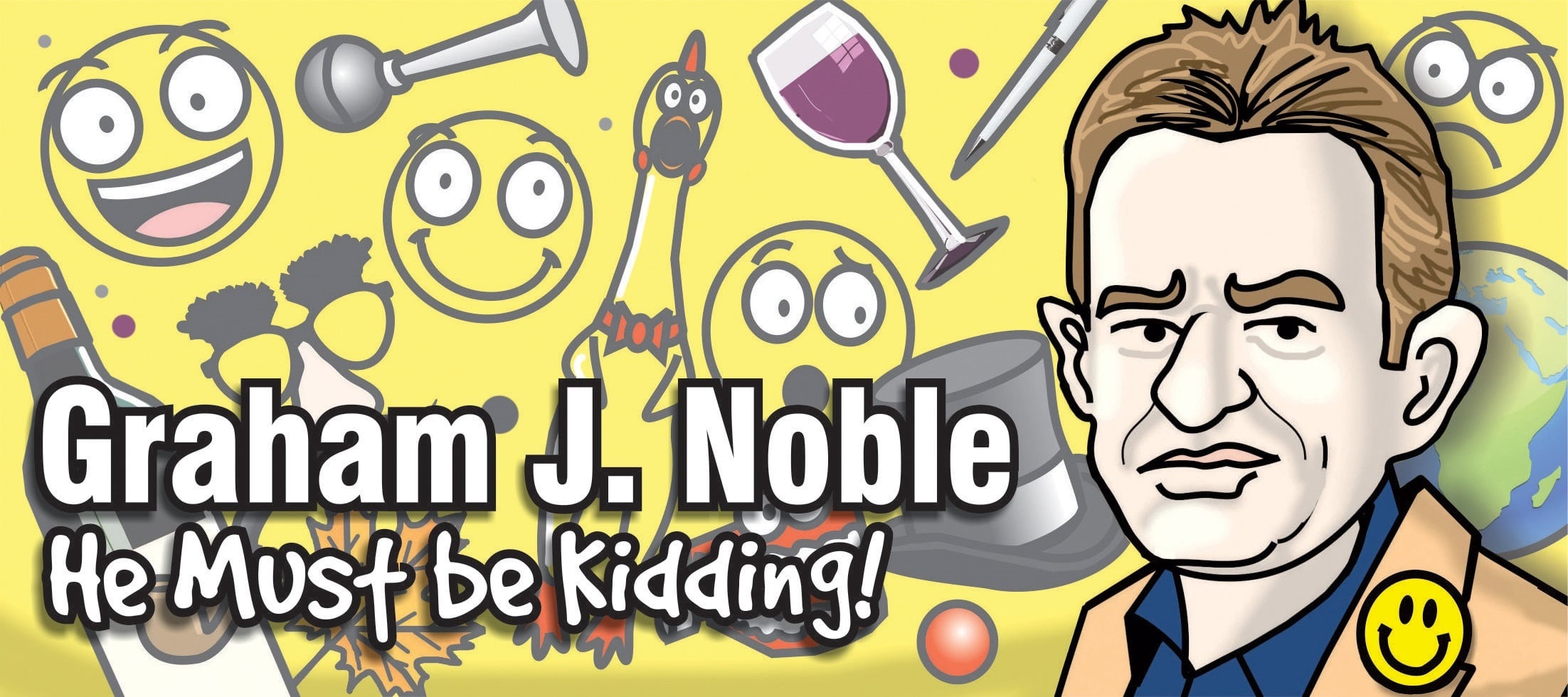They say honesty is the best policy – but who are “they,” anyway, and might they be lying about that? One scholar at Harvard Business School has been accused of manipulating data points in more than one study to bolster her theories about … honesty. Then again, the story of Francesca Gino – the said scholar – was reported by The New York Times, a paper that has had its own problems with truthfulness and accuracy. Is The Times being honest about Gino being dishonest about honesty? Since politics are not involved, we can probably assume that, yes, the report is accurate. So, where is all this going and, if we are being honest, why should we care?
 Honesty is a big deal these days. Most media companies avoid it like the plague, and the interwebs and social media platforms are awash with what is now termed misinformation or disinformation. To make matters even more complicated, some of that disinformation is in fact accurate and truthful – which means the people who are telling us it’s misinformation are misinforming us.
Honesty is a big deal these days. Most media companies avoid it like the plague, and the interwebs and social media platforms are awash with what is now termed misinformation or disinformation. To make matters even more complicated, some of that disinformation is in fact accurate and truthful – which means the people who are telling us it’s misinformation are misinforming us.
Harvard Grapples With a Dishonesty Problem
Gino and some of her Harvard colleagues conducted studies that were intended to test a theory in behavioral science. When people fill in tax forms or insurance forms – any document, really, on which they are supposed to enter accurate information – they are likely to answer questions more truthfully if one small change is made to the forms. That’s the theory. Many government or business documents that record information have a section at the bottom requiring the person filling in the form to attest to the accuracy of the facts and figures provided. Gino proposes that if that section – the bit that says something like, “I attest that the information provided is accurate … “ – is placed at the top of the form, rather than at the bottom, people tend to be more truthful.
Gino is, or was, a respected scholar – and her studies appeared to prove her theory. However, some of her colleagues are now alleging that the data points from these studies have been fiddled with. Perhaps someone should come up with a way to make Harvard scholars more truthful.
The bigger story here is that scholars, professors, academicians, and so-called “experts” of all kinds should never be trusted without independent verification of whatever it is they are claiming. The field of higher learning is a cutthroat business. The pressure to publish books and studies, to gain the respect and admiration of one’s peers, to secure funding, or perhaps to gain tenure at one of the top Ivy League ivory towers of academia is enormous. Failing that, a lucrative consultancy or directorship with a corporation will do nicely.
There’s no telling how many academic or scientific studies have been tainted by the need of the authors to promote certain behaviors or beliefs. Meanwhile, a lot of people who are highly qualified are being punished for telling the truth, such as Dr. Johnson Varkey, a biology professor who was allegedly fired from a college in Texas because he was teaching his students that sex was determined by X and Y chromosomes.

(Photo by: Sergi Reboredo/VW Pics/Universal Images Group via Getty Images)
Imagine the temptation, then, to massage the data in a way that makes Professor Smarty McSmartypants look a lot cleverer than he or she really is. Think about the allure of being able to make all kinds of claims and believe that one will never be challenged because, well, one has letters behind one’s name and because one is published and celebrated in one’s field.
This kind of thing happens all the time. Scholars and “experts” pop up all over the place – often featured in the media – and tell us what we are supposed to believe. But it’s always a good idea to think about motive. Few people, unfortunately, are unflinchingly honest all the time – especially when being less than honest could in some way benefit them or promote a favored agenda. When political or cultural points are on the line, the scope for dishonesty is wide. Honesty might – or should – be the best policy, but healthy skepticism is most certainly a better one these days, even when listening to Harvard scholars.
All opinions expressed are those of the author and do not necessarily represent those of Liberty Nation.
Do you have an opinion about this article? We’d love to hear it! If you send your comments to [email protected], we might even publish your edited remarks in our new feature, LN Readers Speak Out. Remember to include the title of the article along with your name, city, and state.
Please respect our republishing guidelines. Republication permission does not equal site endorsement. Click here

